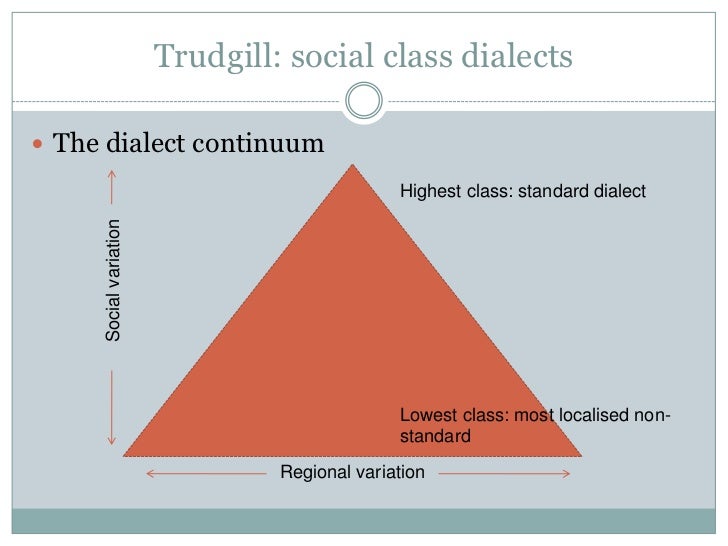
In sociolinguistics, variation often referred to as extralinguistic factors. This factors are used to predict the occurence of certain kinds of language behavior. In sociolinguistics, language is generally viewed as the dependent variable, but not always. It predicts that individuals in a lower socioeconomic class will use a certain kind of language pattern.
Other independent variables of interest to sociolinguists follow include sex, age, level of income, level of education, geographical location, family size, country of origin, and length of residence. Language itself can be used as a predictor of behavior. Individuals can be classified according to the variety of language that they speak, and then behavior towards those individuals can be measured. Studies show that an employer may discriminate against a job applicant who speaks a language variety which the employer considers inappropriate for the work.

- Geografical or regional varieties which are termed dialects
- social varieties which are reformed to as sociolects
DIALECT: is a language variety used by regional or social groups. These groups difine them-selves or are defined by others by different extralingusitic factors such as: age, etnicity, gender o socioeconomic status.
ACCENT: It is restricted to pronunciation futures alone. An accent affects only the phonologycal level of a linguistic variety.

No hay comentarios:
Publicar un comentario